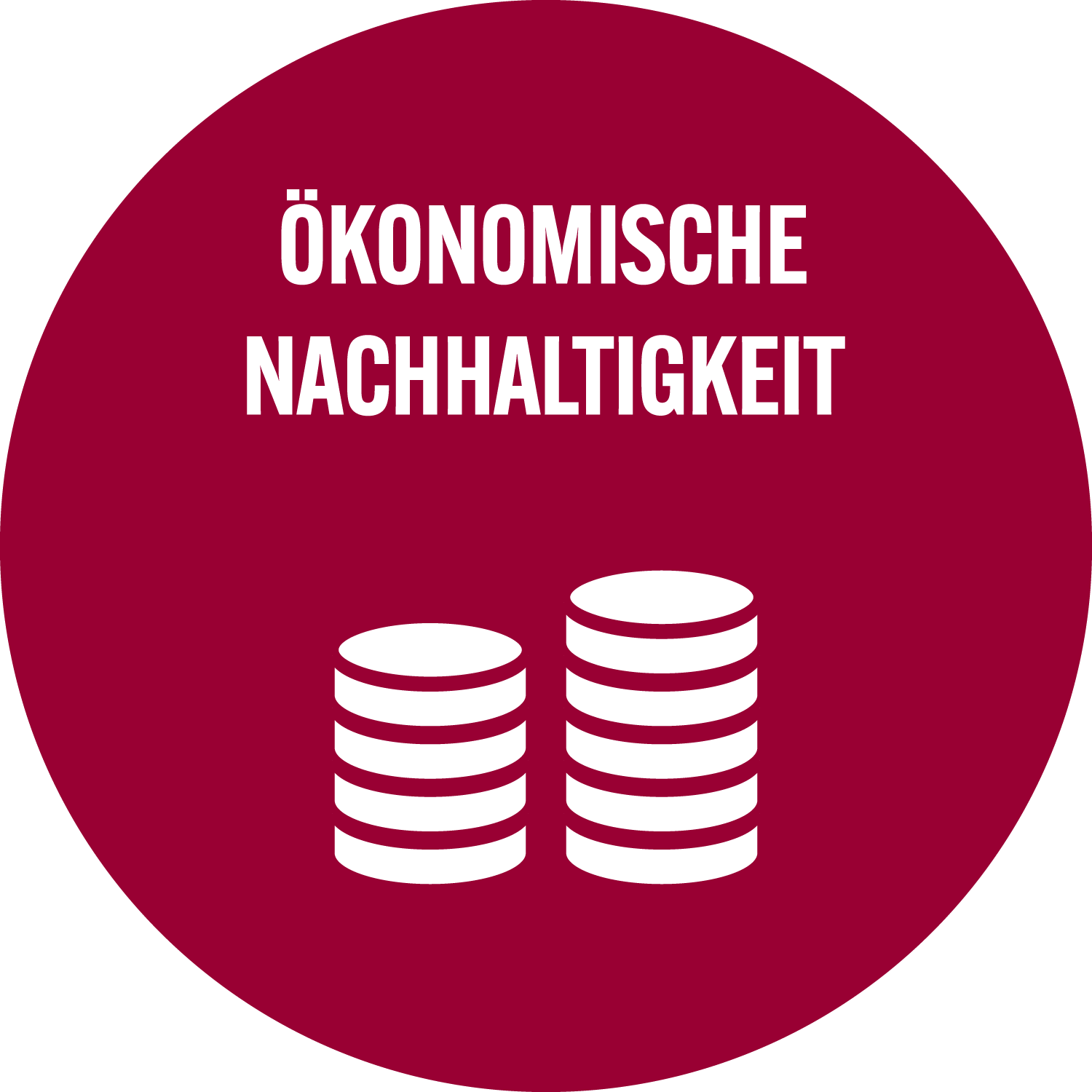|
Tax policies in a transition to a knowledge-based economy - the effective tax burden of companies and highly skilled labourFischer, Leonie ; Heckemeyer, Jost H. ; Spengel, Christoph ; Steinbrenner, Daniela
BASE:
Fischer, Leonie
;
Heckemeyer, Jost H.
;
Spengel, Christoph
;
Steinbrenner, Daniela
Google Scholar: Fischer, Leonie ; Heckemeyer, Jost H. ; Spengel, Christoph ; Steinbrenner, Daniela
|
 |
Eintrag anzeigen |





 Suche Autoren in
Suche Autoren in